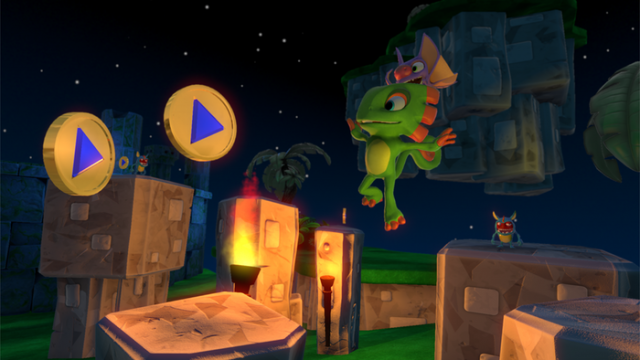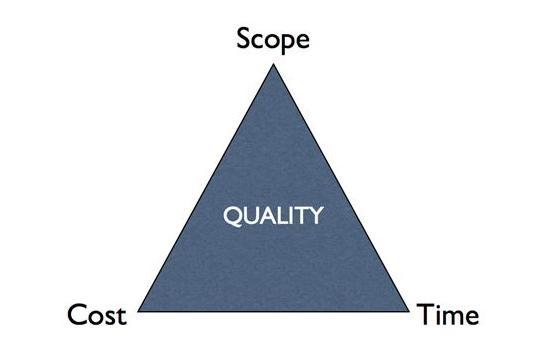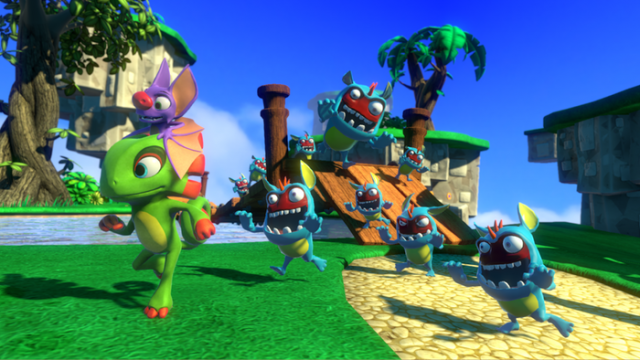
Let me get this out of the way: I absolutely love Yooka-Laylee. Growing up with timeless Rare N64 classics like Banjo-Kazooie and seeing the 3D platforming genre being revived by the same team is a dream come true. I have faith that the game is going to blow our minds when it releases, which is why I’m proud to be one of the 50,000+ people that have backed the game so far. But despite the fact that I’m excited for this project to be completed, I honestly can’t believe that the game will reach its targeted release date of October 2016.
I’m used to expecting delays with some of my most anticipated Kickstarter projects. The modern Genesis JRPG, Pier Solar, had a Kickstarter campaign for an HD re-release that promised a December 2013 release. However, after numerous delays, I was finally able to try it on December last year! What about Shovel Knight? Even though the game is critically acclaimed, there’s no denying that fans experienced numerous delays that pushed the game from its original September 2013 release date into June 2014. Starting to notice any kind of trend? It’s no coincidence: a study conducted by CNNMoney shows that 84 percent of the most funded projects on Kickstarter experience some kind of delay.
I understand that Playtonic Games is composed of veteran developers that have experience in the industry, but that doesn’t exempt them from the possibility of a delay. Let’s not forget the fact that both Banjo-Kazooie and Banjo-Tooie, the two games that Yooka-Laylee is trying to emulate, also experienced delays when the team was working for Nintendo. Unfortunately, due to Yooka-Laylee’s massive success on Kickstarter, the chances of history repeating itself are higher than ever because of the game’s budget and stretch goals. While it’s true that the game will improve more as its funding increases, it’s also true that this will make the game harder and longer to develop. Let’s also not forget that Playtonic Games is only comprised of 15 different people!

The diagram above helps illustrate the importance of balance in project management. The triangle has three ends that are represented by a project’s constraints: scope, cost, and time. In order to keep this triangle in an equilateral state, one end must always be the same exact length as the others. For example, if someone decides that a project needs new features to increase its scope, then the cost will be more expensive and it will take more time to finish than anticipated. In a real life scenario, it would be impossible for one of these constraints to expand without affecting the others.
Now, think about Yooka-Laylee. Being one of the fastest and biggest projects to be funded in Kickstarter’s history, it currently has a massive $2,517,488 budget at the time of writing. Yooka-Laylee would have been created on a much smaller scale if only reached its initial goal of $270,041, but because of the bigger budget, Playtonic Games increased the scope of the project exponentially. Stretch goals added a ton of new content to the base game, such as:
- Bosses on every level
- A quiz show challenge before the final boss
- Character transformations
- Mine cart sections
- Co-op modes
- A multiplayer versus mode
I love that we’re getting so many awesome additions, but the reality is that it would be almost impossible to increase the scope of Yooka-Laylee and use a larger budget without expecting the time to develop the game to increase as well. Again, look at Shovel Knight. We were promised so many different features because of Kickstarter stretch goals, but content like the Plague Knight DLC is only being made after the game’s release. Developer Yacht Club Games had to do this in order to release Shovel Knight on time. We could have had Shantae: Half-Genie Hero by now, but WayFoward was quick to delay the game once it saw how much money the project received from backers. The developers did this because they knew the scope of the project was increasing and that the old release date was no longer feasible. At this point, Playtonic Games should be realizing the same thing.

But of course, this is all just my opinion. Over at Playtonic Games, the developers still seem like they have everything under control. In an interview with gaming critic Jim Sterling, creative lead Gavin Price explained that the team will not let their ambitions surpass the limitations of the project:
“As a backer of other projects myself, I know exactly why people feel the way they do towards some campaigns and that’s why we’ve tried to do things a bit differently. Our stretch goals for example were planned to make sure that they wouldn’t negatively impact on development – they were very much ‘dream’ extras that with additional budget we could either outsource or expand the team to meet, with minimal disruption to our core work. So stuff like a day-one multiplatform release and designs from other ex-Rare artists.
“And then when we (amazingly) smashed through all of our stretch goals in a day, instead of adding another roster of feature pledges we decided to add the solitary goal for an orchestral soundtrack – something that with additional budget would undoubtedly improve the game, but not disrupt the core team at all. We know ‘feature bloat’ has been a concern for some past campaigns and hopefully our game will benefit from that learning experience.”
Even though I remain doubtful due to the prevalence of delays on Kickstarter, I hope that Playtonic Games will still be able to finish Yooka-Laylee by its set release date. Even if the game is delayed, it’s still not the end of the world! Shigeru Miyamoto famously said, “A delayed game is eventually good, but a rushed game is forever bad.” Personally, I would prefer if Playtonic Games waited until the game was perfect and delayed it for more development time, which is exactly what I expect the studio to do. After all, the genre of 3D platformers needs to be revived gracefully! When do you think Yooka-Laylee will be released? Let us know in the comments below!




 ShareThis
ShareThis






